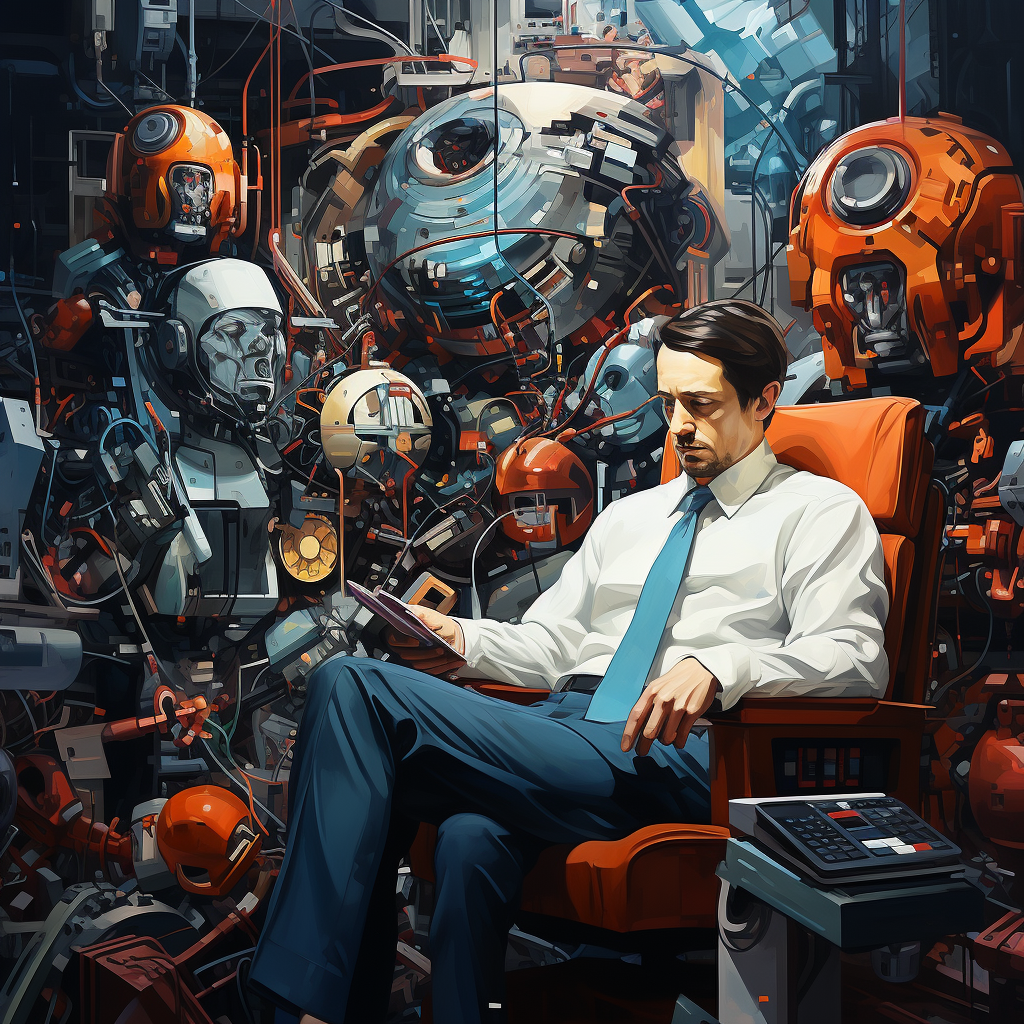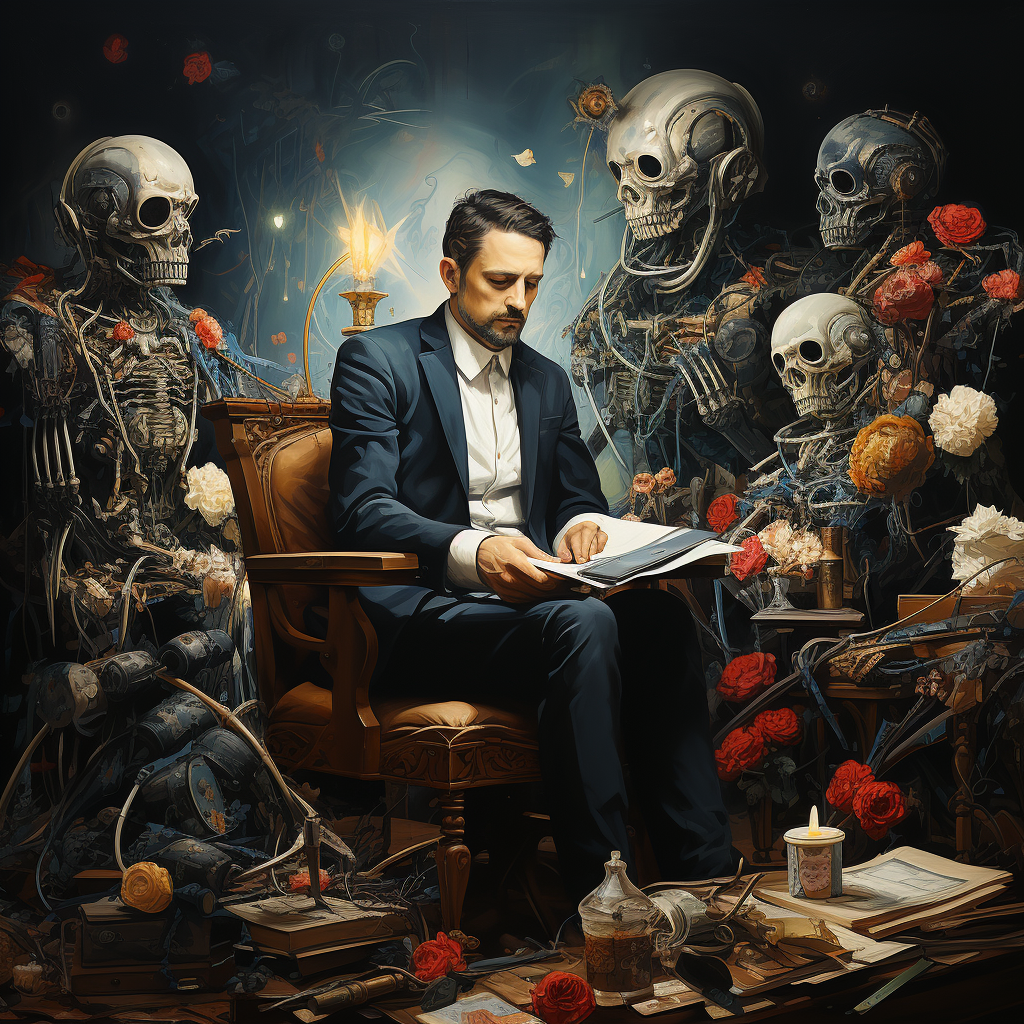Artificial intelligence (AI) was once thought to threaten blue-collar jobs first, displacing workers from roles characterized as dirty, dull, and dangerous. Surprisingly, it’s been the roles of writers, coders, and artists that have undergone the most profound transformations in the wake of this technological revolution. As the impact of AI continues to redefine traditional job roles, societies are grappling with new questions around the purpose of work, the implications for human value, and the necessary societal adaptations.
AI’s Unexpected Targets
While manufacturing and manual labor were presumed the most susceptible to automation, AI has demonstrated its versatility and capacity to learn, leading to remarkable advancements in fields requiring intellectual and creative skills. Codie Sanchez, an investment expert and entrepreneur, argued that AI’s intrusion into the white-collar job market illustrates the breadth of its capabilities.

Universal Basic Income: An Emerging Solution?
With AI transforming the job market, governments have started proposing radical solutions like Universal Basic Income (UBI). The concept of UBI seeks to provide each citizen with a guaranteed, no-strings-attached income to cover basic living costs. While a potential solution to widespread job losses due to AI, this measure also sparks contentious debates over economic feasibility, societal impacts, and philosophical underpinnings.
Rethinking Work Beyond Monetary Value
A key challenge posed by AI’s impact is not merely financial. Work extends beyond earning a living, contributing to individuals’ self-worth, sense of purpose, and life satisfaction. If AI were to take over all labor, we would have to reconsider what we do and how we find purpose in our lives.
According to Emad Mostaque, a renowned strategist and co-CIO at Capricorn Fund Managers, “The day everyone can be a programmer is here.” He notes that technology has democratized many fields, making everyone a potential photographer with their smartphone or a diagnostician using Google’s latest models. The most affected areas include healthcare and education, where personalized services can now be availed at a fraction of the traditional cost.
AI: A Double-Edged Sword
The dawn of AI, while bringing benefits, also raises the bar exceptionally high for many professions. In fields heavily reliant on computer use, humans aided by AI could potentially outcompete those without such assistance. As AI develops the capability to write and improve its own programs, it can, hypothetically, also write its own virus if required. The implications are stark: once sought-after roles like coders could face the same fate as coal miners in the wake of AI advancements.
Di Tran, once a Principal Software Architect and now an author, echoes this sentiment. He notes that only three years ago, a significant gap existed in the IT industry for full-stack developers, with many U.S. companies outsourcing these roles. Now, and potentially in the near future, no programmers may be needed at all – a reality as disruptive for coders as mechanization was for coal miners.
The Future: Learning Fast and Embracing AI
According to Tran, the key to surviving and thriving in this new era is to “learn fast and get on board with AI.” Adapting to these changes requires a willingness to retrain and a determination to understand the world reshaped by AI.
As we journey into this AI-driven future, our societal structures, our jobs, and our very sense of self will continue to evolve. It’s an era where we need to drop our fears and focus on faith, echoing the title of Tran’s upcoming book. As we move forward, we must continuously adapt and redefine our understanding of work and purpose in the shadow of AI’s immense potential.



